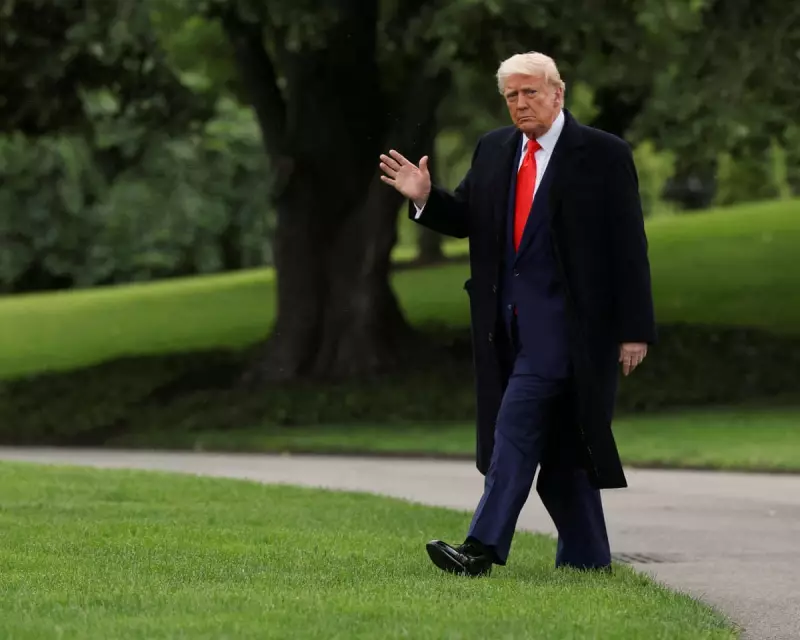
Donald Trump is facing a fierce backlash from across the political spectrum following what critics are calling a shockingly weak and ambiguous response to a catastrophic attack on a hospital in Gaza.
The former US president's statement, issued amidst a crisis that drew swift and unequivocal condemnation from global leaders, has been branded as "dangerously inept" and a "profound moral failure" by foreign policy experts and former allies.
A Tepid Statement Amidst Global Outrage
While world leaders and current US officials moved quickly to address the devastating loss of life, Trump's reaction was notably delayed and lacked the forceful clarity many expected. His remarks focused broadly on the broader conflict rather than specifically condemning the hospital strike, a ambiguity that has sparked intense criticism.
Analysts suggest this hesitancy reveals a deeper political calculation, aimed at avoiding alienation of any part of his domestic support base rather than asserting a clear moral or diplomatic stance on the world stage.
Republican Rifts Widen Over Response
The episode has exposed significant fractures within the Republican party itself. While some staunch defenders have echoed Trump's cautious tone, other prominent party figures have broken ranks, expressing dismay at the lack of leadership and moral clarity.
This internal discord highlights the ongoing struggle within the GOP to define a cohesive foreign policy doctrine in the post-Trump era, particularly on deeply polarising international issues.
Diplomatic Repercussions and a Diminished Stance
Foreign policy veterans have warned that such a tepid response from a key figure in American politics risks diminishing the United States' standing on the global stage. In times of international crisis, allies and adversaries alike look for clear signals, and Trump's ambiguous posture has been interpreted by some as a vacuum of leadership.
Critics argue that this failure to project strength and principle could have long-term consequences for America's ability to shape events and act as a moral authority in future conflicts.
The controversy underscores how reactions to foreign crises are intensely scrutinised, not just for their geopolitical impact, but for what they reveal about a leader's priorities and principles.





